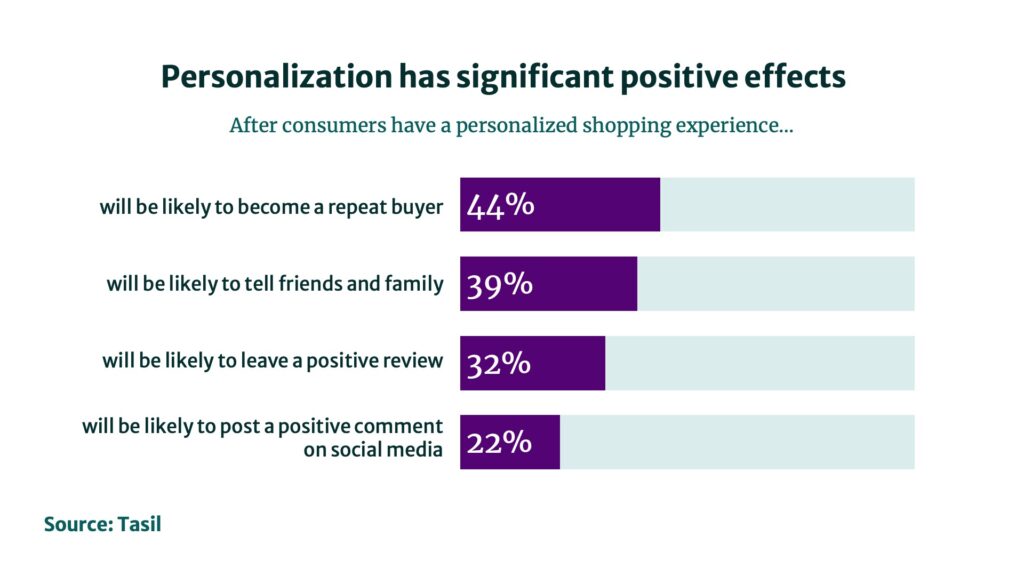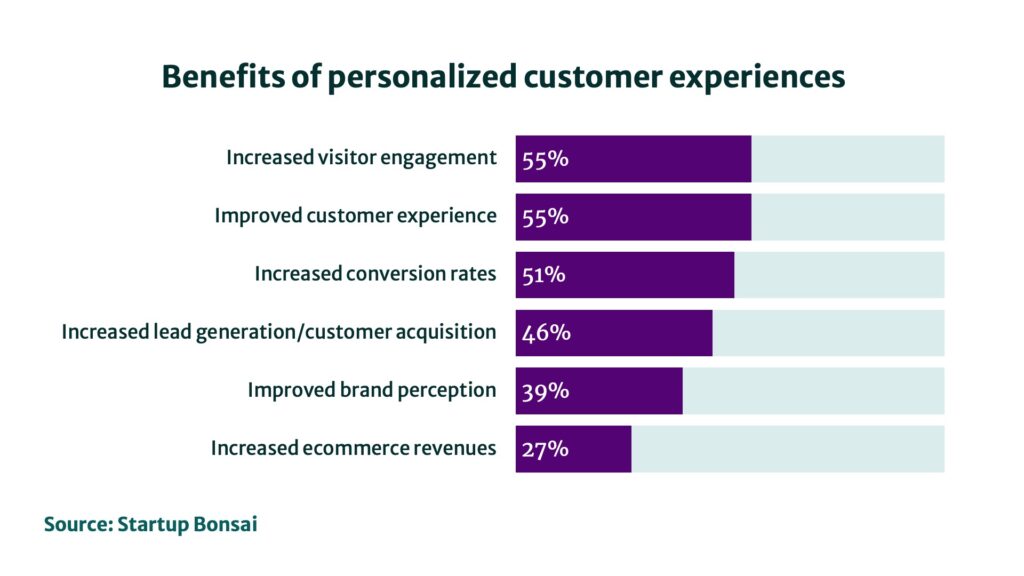
In today’s dynamic business landscape, the significance of client services cannot be overstated. As businesses strive to distinguish themselves and foster lasting relationships, the focus on providing exceptional client experiences has become paramount. Amidst this landscape, the concept of personalization has emerged as a powerful force shaping the dynamics of client interactions.
Personalization goes beyond conventional services, tailoring experiences to individual client preferences and needs. Here, we will delve into the evolving role of personalization and explore its growing significance in not only meeting but surpassing client expectations, ultimately enhancing satisfaction and fostering unwavering client loyalty.
Crafting tailored experiences for client satisfaction
Personalization in client services involves the tailoring of experiences to meet individual client preferences, creating a unique and tailored approach to service delivery. This concept extends beyond generic interactions, delving into understanding and adapting to the specific needs and expectations of each client.
Personalization takes diverse forms across industries, from curated content recommendations in the entertainment sector to customized product suggestions in e-commerce. Airlines may personalize travel experiences through tailored seat preferences, while healthcare providers may offer individualized treatment plans based on patient history. Personalized experiences are multifaceted across different industries, illustrating the versatility and impact of this approach in enhancing client satisfaction and fostering lasting connections.

Assessing the benefits of client personalization
Personalizing experiences according to individual preferences and needs emerges as a potent strategy, wielding a profound impact on client satisfaction. In discerning and addressing each client’s unique requirements, businesses cultivate engaging and enjoyable interactions, fostering a deep sense of contentment that resonates beyond the immediate encounter. This elevated satisfaction forms the bedrock for increased client loyalty, as clients develop lasting relationships grounded in trust and personalized value.
The significance of personalized experiences extends further, influencing positive word-of-mouth recommendations and referrals. As clients feel valued and understood, they become enthusiastic advocates for the business, amplifying its reputation and creating opportunities for organic growth. Beyond client retention, this strategic approach positions businesses for expanded market reach and heightened revenue potential, solidifying their standing in a competitive landscape. Through client personalization, businesses not only enhance immediate satisfaction but also strategically invest in long-term relationships and sustainable success.

Key components of successful personalization
Achieving successful personalization involves seamlessly integrating key components into the client experience. Utilizing data-driven insights is pivotal, providing a deep understanding of client preferences and behaviors. This foundational knowledge empowers businesses to tailor services precisely, ensuring a personalized and meaningful interaction. Additionally, customization across touchpoints enhances the client journey, embedding personalized experiences from online platforms to in-person encounters.
Real-time responsiveness, a dynamic element, adapts services based on client actions and immediate feedback. This agile approach not only reflects attentiveness but also enables continuous refinement, establishing a dynamic relationship between evolving client needs and adaptive business services.
The convergence of data-driven insights, multi-touchpoint customization, and real-time responsiveness forms the essence of successful personalization, creating a tailored and dynamic client experience at every level.
Conclusion
The impact of personalization on client services is profound, reshaping the dynamics of interactions and fostering enduring relationships. By tailoring experiences to individual preferences and needs, businesses enhance client satisfaction and loyalty. However, the key lies in ongoing adaptation to meet evolving client expectations, ensuring that personalized experiences remain relevant and meaningful in a dynamic business landscape.
Share Post:

